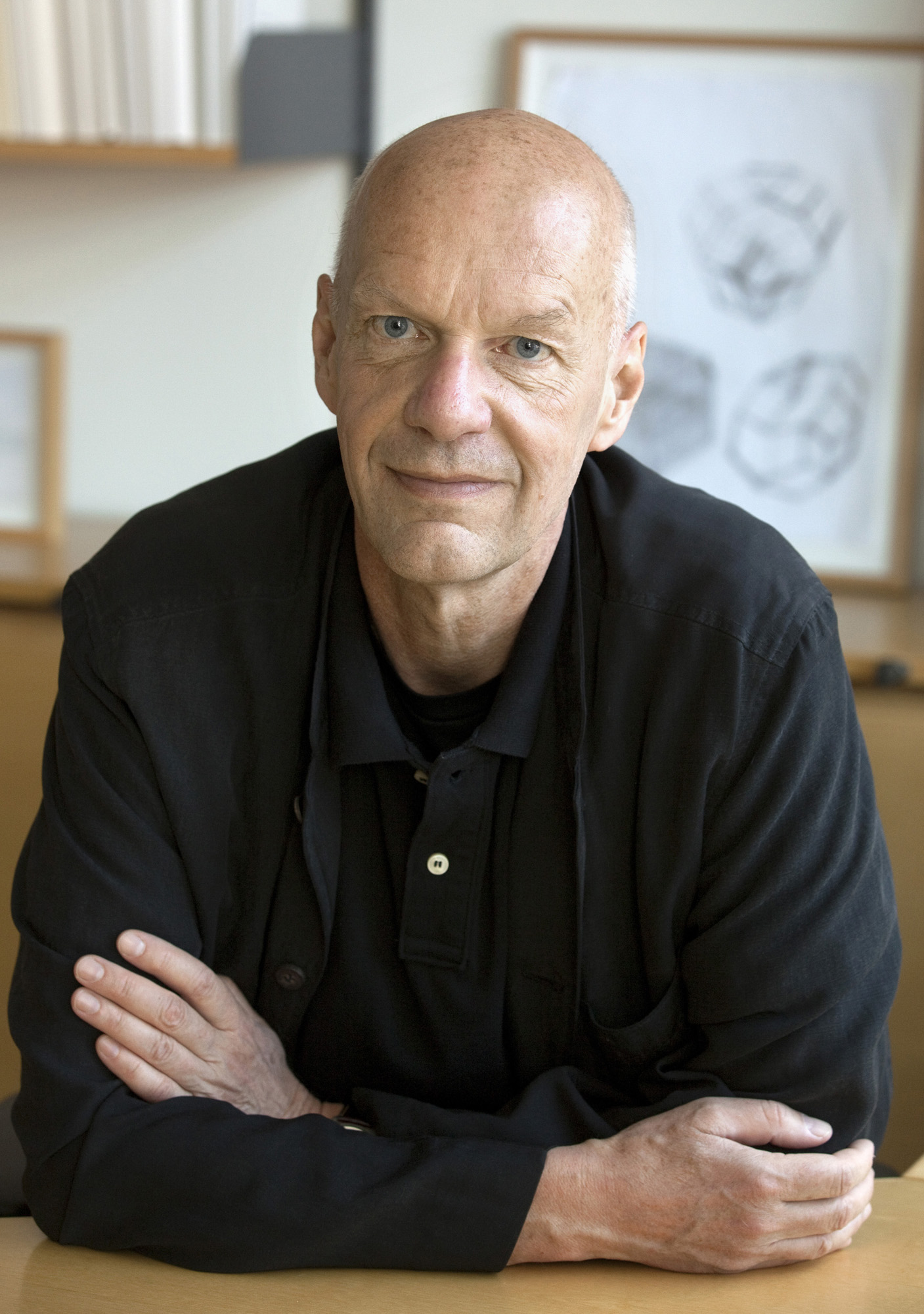Making decisions at times of uncertainty - Interview with Nils-Eric Sahlin #
Professor Nils-Eric Sahlin MAE tells us about his research on decision-making under conditions of uncertainty, and his contribution to the evidence review on ‘Making Sense of Science for Policy’, coordinated by Academia Europaea.
About Nils-Eric Sahlin MAE#
Professor Nils-Eric Sahlin MAE is the former Chair of the Swedish Research Council’s Expert Group on Ethics and a current member of the European Group on Ethics in Science and New Technologies
and a current member of the European Group on Ethics in Science and New Technologies (EGE). He was a member of the SAPEA
(EGE). He was a member of the SAPEA international working group that produced the Evidence Review Report, Making Sense of Science for Policy under Conditions of Complexity and Uncertainty
international working group that produced the Evidence Review Report, Making Sense of Science for Policy under Conditions of Complexity and Uncertainty (SAPEA, 2019), which was coordinated by Academia Europaea.
(SAPEA, 2019), which was coordinated by Academia Europaea.
The interview#
You are Professor of Medical Ethics at Lund University (Sweden). Could you tell us more about the work of your department?“I’m basically a philosopher by training. In the course of my research I’ve studied decision theory, looking especially at the question of how sound decisions are made. I developed quasi-mathematical theories which I hope can be used to guide decision-making, particularly under conditions of great uncertainty. Uncertainty is unavoidable in healthcare, where tough decisions sometimes have to be taken in situations where the underlying information and knowledge is not robust. The Covid-19 pandemic is an example of that.
 , we conduct research in medical ethics. The topics include stem cell use, prioritisation in healthcare, research ethics and informed consent. It’s a fairly small department, but we collaborate with other researchers across the University, and with government agencies, as well as undertaking work at a European level. Until 2019 I was Chair of the Swedish Research Council’s Expert Group on Ethics
, we conduct research in medical ethics. The topics include stem cell use, prioritisation in healthcare, research ethics and informed consent. It’s a fairly small department, but we collaborate with other researchers across the University, and with government agencies, as well as undertaking work at a European level. Until 2019 I was Chair of the Swedish Research Council’s Expert Group on Ethics , and I am presently a member of the Swedish National Council on Medical Ethics. I also serve on the European Group on Ethics
, and I am presently a member of the Swedish National Council on Medical Ethics. I also serve on the European Group on Ethics .”
.”
Your research portal shows that you have published on a range of interconnected topics over the course of your career. Could you give us an overview of your evolving research interests?
New areas like nanotechnology and gene editing are fascinating. They have huge potential, but the potential is permeated by risk, because our knowledge is limited and attended by uncertainties. This is challenging, because we need to make stable, robust and sound decisions. I’ve been interested in this kind of problem since I started in academia, partly as a result of my background in epistemology, metaphysics and the philosophy of science. There is also a connection here with the work I did on the philosophy of Frank Ramsey, a British philosopher, who died in 1930 aged only 26. Ramsey is a philosopher’s philosopher, and one of the greats of the 20th century. In my work, I proposed that he developed a peculiarly British form of pragmatism, differing in important ways from the American pragmatism associated with Charles Peirce and William James.”
What are you working on at the moment?
Right now, we are running an international research programme on ‘science and proven experience’. In Sweden, this is a legal concept. It can be seen in healthcare legislation, which requires doctors to base their decisions on science and proven experience. New methods, techniques and interventions in healthcare should only be implemented when they have been tested and found to accord with science and proven experience. That makes several questions pressing. What do we mean by science and proven experience? What is science? What is proven experience? And how do we understand the connection between them? Are both needed? It isn’t hard to find examples in healthcare where proven experience appears to be applied in the absence of science, at least if we take randomized controlled trials to be the hallmark of science. Digitalis from the foxglove plant was used for many years to treat heart problems, long before there was scientific evidence for its efficacy.
We have just completed an empirical study involving two large surveys of healthcare professionals. The aim was to understand how the professionals view science and proven experience, and to gauge the importance of proven experience in their daily working lives.”
You were a member of the SAPEA working group that produced the report Making Sense of Science for Policy. What was your focus in the report?
You are a member of the European Group on Ethics. What does that involve?
 .
.For further information please contact AECardiffHub@cardiff.ac.uk
 .
.



